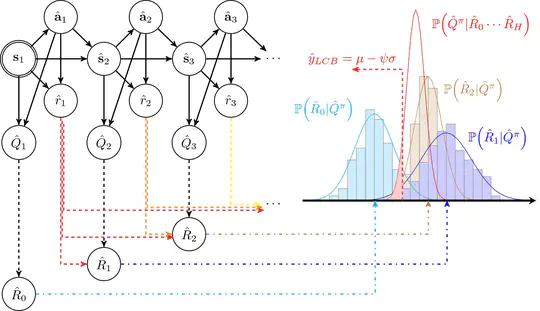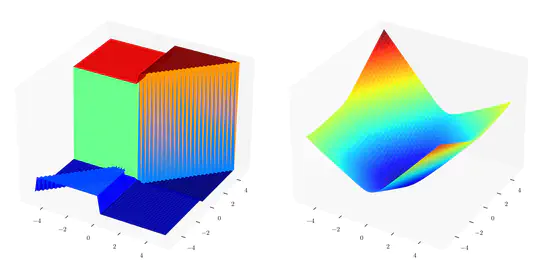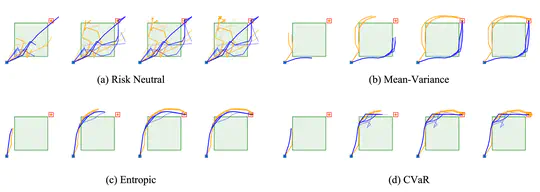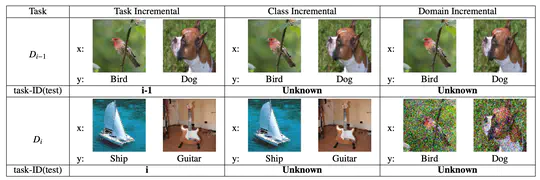Biography
Welcome to my profile 😄! I’m a Ph.D. candidate at the University of Toronto, contributing actively to the D3M (Data-Driven Decision-making) lab under the mentorship of Professor Scott Sanner. My interest in AI and ML is rooted in their potential to revolutionize decision-making in diverse areas.
My research primarily focuses on leveraging models for enhanced decision-making, with a special emphasis on offline model-based reinforcement learning. This work includes a notable paper accepted at ICLR-23, which explores the use of Bayesian models for robust planning and policy learning by accounting for the epistemic uncertainty of models (learn more here).
My internship at Google Research, under the guidance of Yinlam Chow, was a transformative period. There, I contributed to integrating recommendation systems with large language models (LLMs), applying Reinforcement Learning with AI Feedback (RLAIF) in a novel way to the challenge of recommendation explanations. This culminated in a first-authored paper that highlights the effective fine-tuning of LLMs for accurate and personalized recommendations. Additionally, I was instrumental in developing the PAX pipeline, a cornerstone for our team’s language model projects. (Check out the other paper here!)
Approaching the completion of my Ph.D., my thesis, tentatively titled “Leveraging Learned Models for Decision-Making,” encapsulates my research ethos. It tackles the intricacies of using imperfect models for decision-making by focusing on (1) optimizing decision loss, (2) employing Bayesian methods for uncertainty management, and (4) enabling models and policies to adapt swiftly in new environments.
I look forward to opportunities that will allow me to apply and expand my expertise in AI/ML, aiming to continue making impactful contributions in this dynamic field.
Download my CV .
- Offline & model-based reinforcement learning
- Uncertainty quantification in neural networks
- RL for Large Language Models
- Decision-aware model learning
Ph.D. Candidate in Information Engineering (Present)
University of Toronto
M.S. in Industrial and Systems Engineering, 2019
Korea Advanced Institute of Science and Technology (KAIST)
B.S. in Chemistry, 2015
Korea Advanced Institute of Science and Technology (KAIST)
Experience
Research Projects
Publications
Teaching Experience
Featured Publications
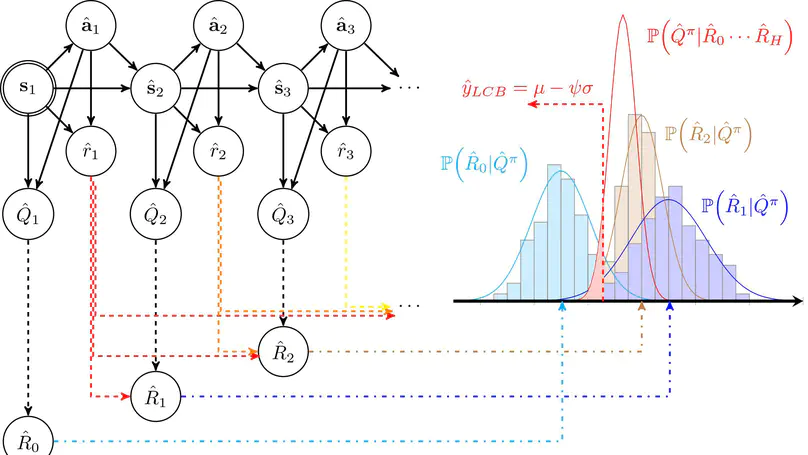
A model-based offline RL algorithm that is able to trade-off the uncertainty of the learned dynamics model with that of the value function through Bayesian posterior estimation, achieving state-of-the-art performance on a variety of D4RL benchmark tasks.
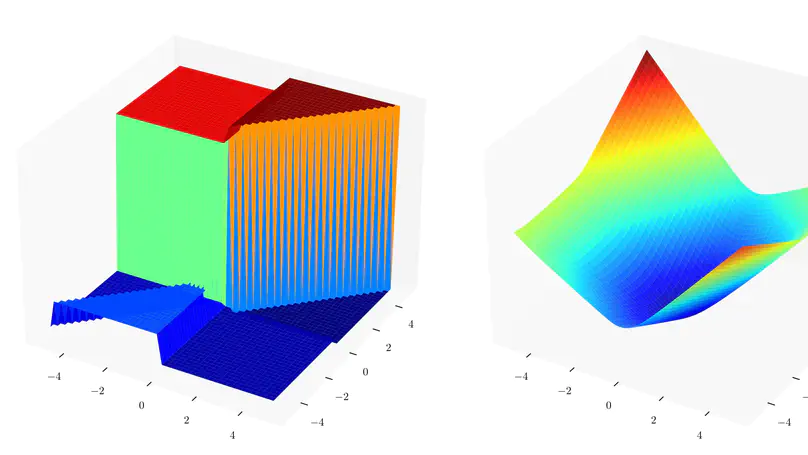
The Smart Predict+Optimize (SPO) framework tries to solve a decision-making problem expressed as mathematical optimization in which some coefficients have to be estimated by a predictive model. The challenge is that this problem is non-convex and non-differentiable, even for linear programs with linear predictive models. Despite that, we provide the first exact optimal solution to the SPO problem by formulating it as a bi-level bi-linear program and reducing it to a mixed-integer linear program (MILP) using a novel symbolic method.
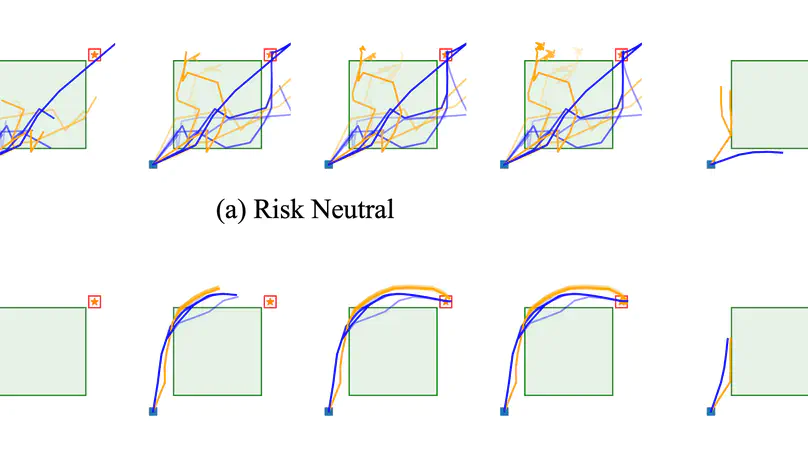
End-to-end planning framework for risk-sensitive planning under stochastic environments by backpropagating through a model of the environment. The core idea is to use reparameterization of the state distribution, leading to a unique distributional perspective of end-to-end planning where the return distribution is utilized for sampling as well as optimizing risk-aware objectives by backpropagation in a unified framework.
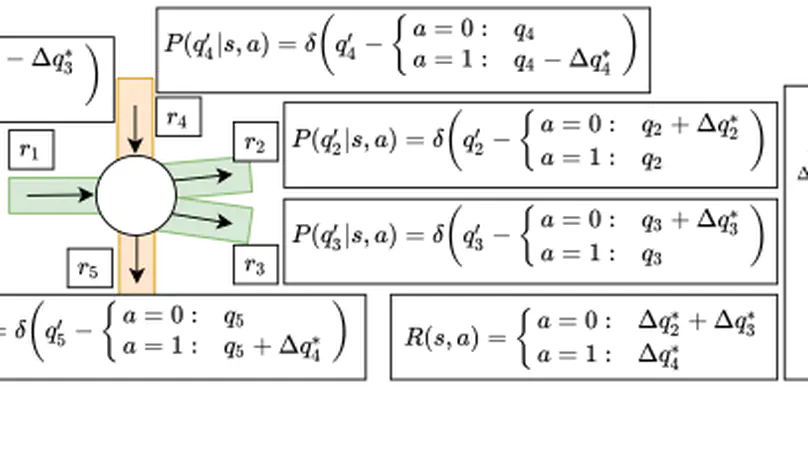
Recent advances in symbolic dynamic programming (SDP) have significantly broadened the class of MDPs for which exact closed-form value functions can be derived. However, no existing solution methods can solve complex discrete and continuous state MDPs where a linear program determines state transitions — transitions that are often required in problems with underlying constrained flow dynamics arising in problems ranging from traffic signal control to telecommunications bandwidth planning. In this paper, we present a novel SDP solution method for MDPs with LP transitions and continuous piecewise linear dynamics by introducing a novel, fully symbolic argmax operator.
